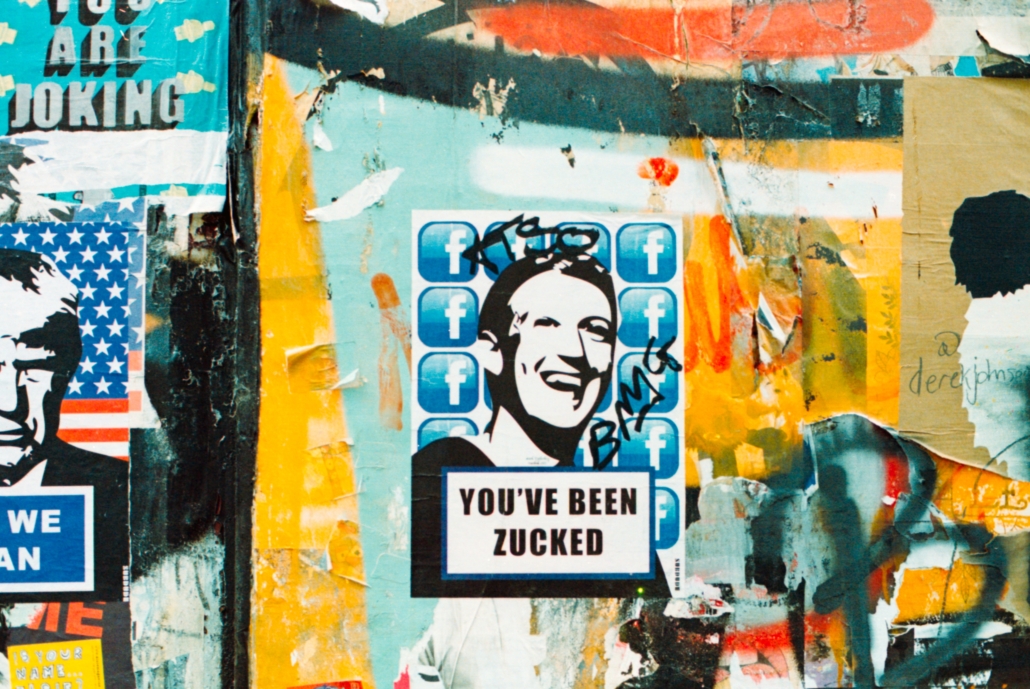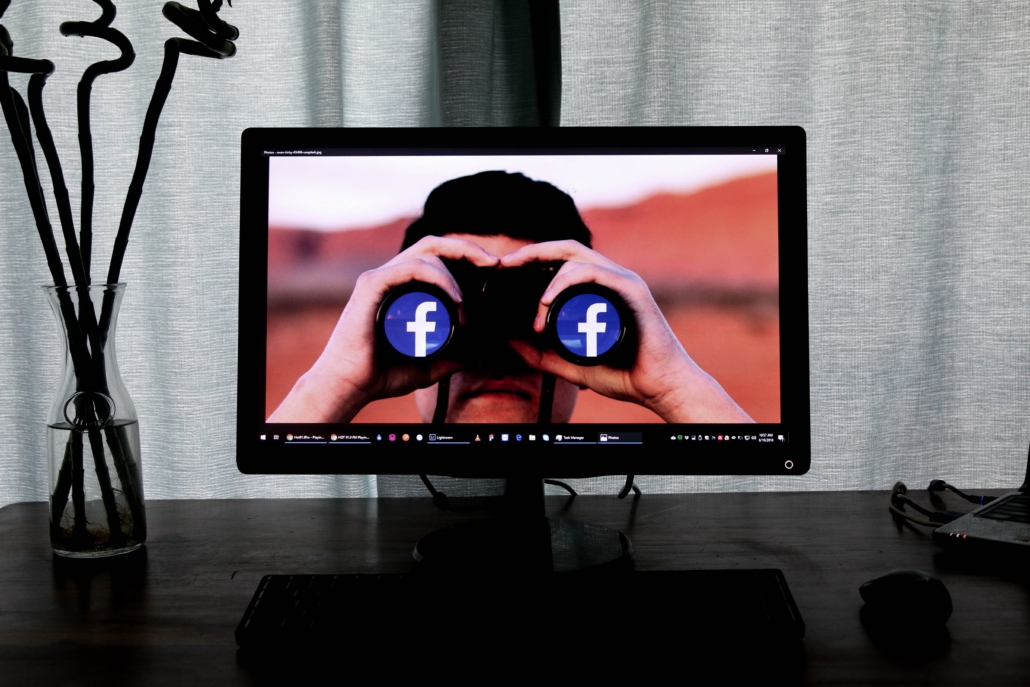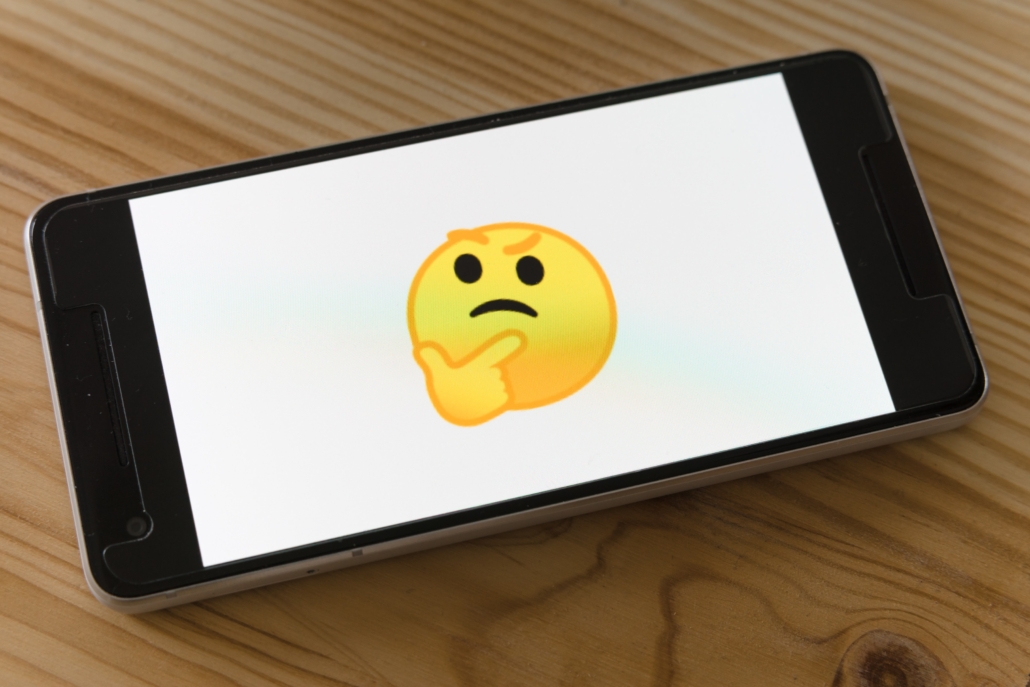by: Rabia Abrar
Are you a bit uncomfortable using Facebook and other social media platforms these days – but don’t feel like you can stop using them? ?
You’re not alone! After all, one of our five universal human needs is connection! That’s why we’re all on social media platforms to begin with.
With all the news around Facebook lately, I’ve been giving this question a lot of thought:
What exactly does ‘connection’ mean, at a societal level? ?
The WEAll membership has defined it as “a sense of belonging and institutions that serve the common good”. I want to dig into that last part: “institutions that serve the common good”.
I would say that, due to its size, influence, and the central role that it plays in connecting the world, Facebook IS an institution. ☝️
Facebook is the biggest of all the social networks, by far.
- It has 2.74 billion monthly active users. That’s 35% of the 7.8 billion world population.
- It’s also the world’s third-most visited website, outranked only by Google and YouTube and reaches 59% of people on social media globally.
- And it owns other popular platforms like Instagram and Whatsapp.
With this much power, tech is no longer just a ‘tech issue’. It’s a societal and economic issue!
Serving the common good?
For over a decade, we’ve become aware of multiple instances where Facebook has failed to ensure the privacy of its users’ data, allowing it to be harvested for targeted advertising, particularly political advertising, as well as failing to stem the spread of misinformation, conspiracy theories, and calls for violence. We’ve all heard at least a little about the controversies around Cambridge Analytica, the GDPR, the pro-Brexit Leave EU campaign, and the 2016 US presidential election. And most recently, the controversy around changes to WhatsApp’s privacy policy, which states that Facebook reserves the right to share data collected on WhatsApp with its family of companies:
“We may use the information we receive from them, and they may use the information we share with them, to help operate, provide, improve, understand, customize, support, and market our Services and their offerings.”
In reading about these issues, you have to wonder:
Is Facebook serving the common good? ?

It all comes down to the business model.
As a vehicle for creativity and innovation, business is a key player in creating the solutions we need to deliver social justice on a healthy planet. But in our current system, finance and the economy tend to serve themselves, rather than serving society and the environment. ?
“Today, society and the environment are serving business, when business needs to be the servant of society.”
Martin Rich, Co-Founder and Executive Director at Future Fit
Since economist Milton Friedman declared that “The Social Responsibility of Business is to Increase its Profits” in a 1970 New York Times op-ed, the ideal of ‘profit maximisation’ and continual growth to increase shareholder value has become the dominant model for how businesses operate. This often means deprioritising the interests of others stakeholders.
This seems to be true in the case of Facebook.
As Alan Woodward, a computer scientist at the University of Surrey, explains,
“Facebook openly says that their business model is to use data related to users for profit.”
This explains why we can use social media platforms for ‘free’. This makes logical sense. How else would they make money? ?♀️
This raises a foundational question:
If Facebook’s primary goal and business model was not centred around growth and profit maximisation, how might it approach issues of data privacy and digital safety? ?
Social Media in a Wellbeing Economy
“If a business is designed to maximise financial return, delivering environmental and social return as well, is inevitably a cost on the bottom line and competes with the financial return. However, if a business is designed to deliver environmental and social return as well as financial, it enhances rather than competes with financial return.”
Hugo Spowers, Chief Engineer and Founder of Riversimple
To see business playing a key role in the shift toward a Wellbeing Economy (where the economy serves society as its core purpose), they must embody the principles of ‘Wellbeing Businesses”. These include:
- Connection – a corporate culture that aligns the organisational purpose with collective values. ?
- Dignity – a business model that creates the means for employees, customers, suppliers and other stakeholders to live with dignity. ✊
- Participation – balanced and values-based relationships with all stakeholders. ?
Olga Koretskaya and Gus Grosenbaugh explain that, to put these principles of care and responsibility into practice, Wellbeing Businesses work to:
1. Ensure transparency and accountability ?
When multinational corporations work across multiple regional and regulatory borders, it often leads to a lack of transparency and accountability.
“Listed companies are in effect owned by nobody, because everybody does. The result is a lack of responsibility.”
Martin Rich, Co-Founder and Executive Director at Future Fit
Wellbeing Businesses recognise the importance of transparency and disclose data about environmental, social, and economic performance to all employees and the public in a way that is easy to retrieve and understand, across the entire supply chain or footprint of the organisation.
For example, if Facebook were a Wellbeing Business, we might have seen more transparency and clarity upfront when Whatsapp’s new privacy policy was announced, about where metadata collected about users would be used and if and how it may be shared with third parties.

2. Internalise externalities ?
A “negative externality” in business or industry is something that the business makes or produces, that negatively affects other people or the environment, and for which the business does not pay and is not reflected in the price. Wellbeing Businesses don’t ignore these “externalities” – they take responsibility for them and embrace different strategies for avoiding, reducing, or paying for harm.
Here are 10 proposals for concrete actions that tech companies like Facebook and governments can take to prevent social media platforms from damaging democracy, spreading hate, or inciting violence.
3. Evolve toward stewardship
As a business grows and occupies a new role in the market, Wellbeing businesses evolve toward a model of stewardship, so that a range of stakeholders have a say in the business decisions that affect them. Riversimple, an eco car company, demonstrates one way to do this. Their governance model includes representatives of 6 different stakeholder groups: The Environment, Customers, Communities, Staff, Investors and Commercial Partners.
Do I have a choice?
I know what you’re thinking – all of that is well and good, but what can I do about these issues around social media today?

In our own work, WEAll still has to use some social media as it helps us spread the messages of a Wellbeing Economy to global audiences. But while it may not be possible to fully step away from social media, we can start to take steps to reduce our participation in some of the harm these platforms cause (and hold them accountable to make changes!). ?
“After careful consideration WEAll has come to the conclusion, shared by countless others, that Facebook is no longer a platform we want to engage with. We feel that to be actively present is to be complicit. Therefore, we will keep our page open – but will no longer be actively engaging with it. While we still as a team rely on WhatsApp and as an organization use Instagram – this is the first step to move away from these predatory platforms.”
WEAll message on our Facebook page
WEAll supports the #StopHateForProfit campaign, which calls for changes needed, including preventing lies in political ads, closing down groups that are associated with violence, and allowing victims of severe harassment to immediately reach a live Facebook representative for help.
Believe it or not, social media platforms like Facebook are not our only options to stay connected. ?
For example, if you’re looking to connect and collaborate with like minded changemakers in the movement toward a Wellbeing Economy, the WEAll Citizens platform is a great option.
With over 2200 active users daily and at least 30 new members joining each week, Citizens is a thriving space to connect and feel a sense of belonging – minus any advertisements. ?
the discussion?
Let us know what
you would like
to write about!
